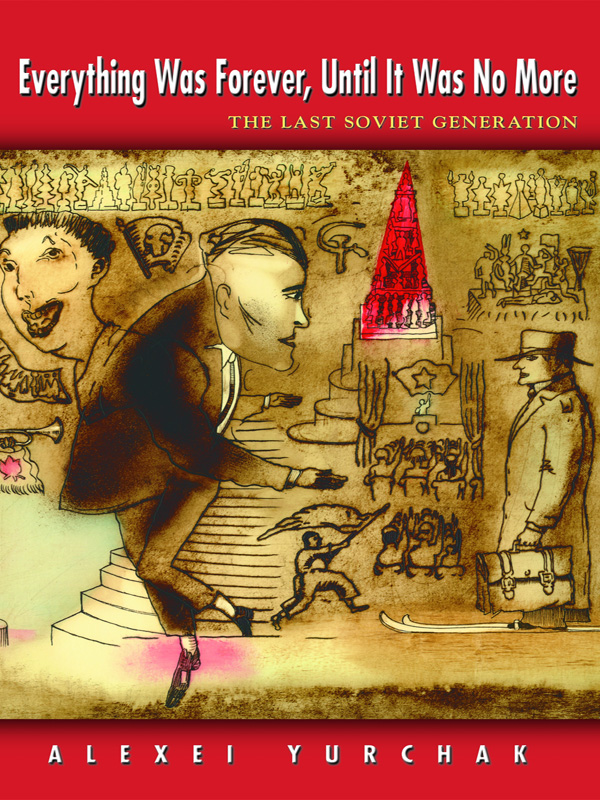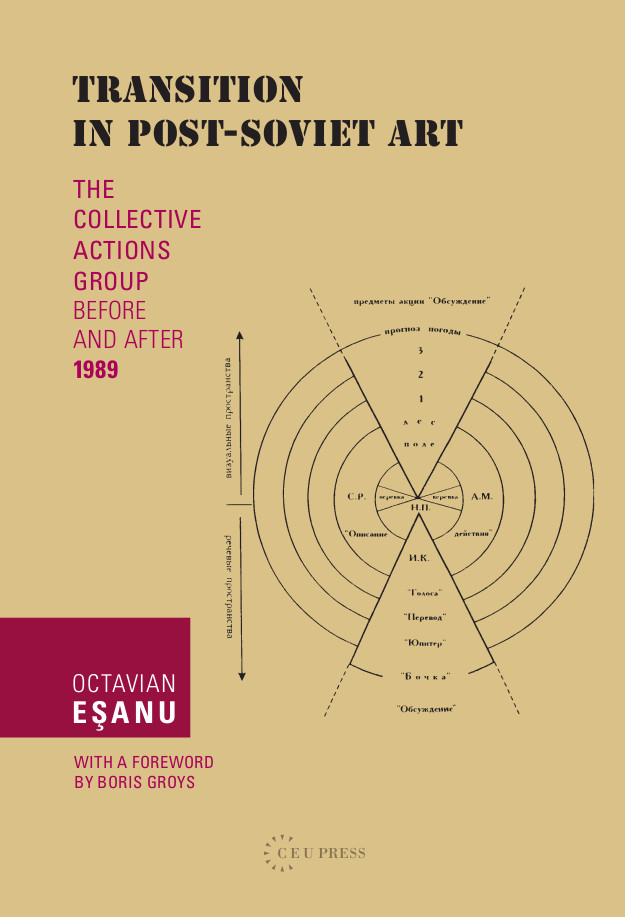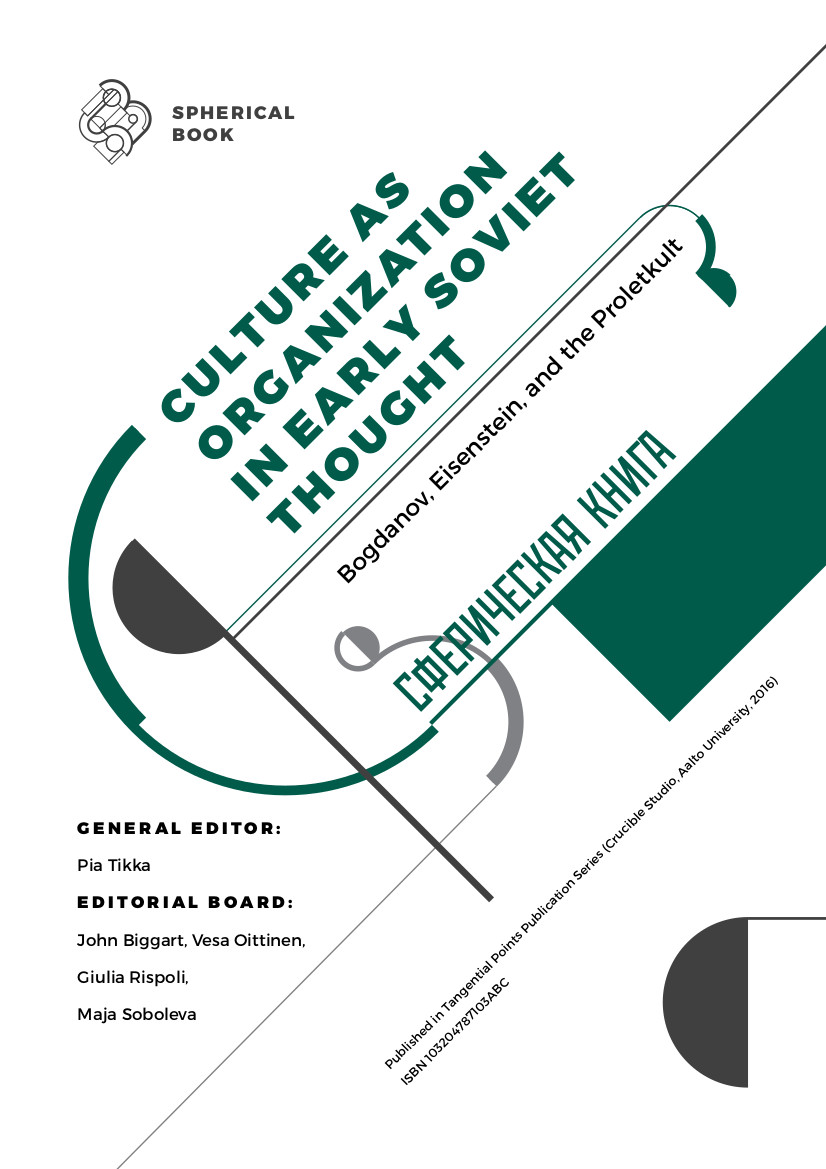Alexei Yurchak: Everything Was Forever, Until It Was No More: The Last Soviet Generation (2005–) [EN, RU]
Filed under book | Tags: · 1950s, 1960s, 1970s, 1980s, anthropology, communism, ideology, russia, socialism, soviet union

“Soviet socialism was based on paradoxes that were revealed by the peculiar experience of its collapse. To the people who lived in that system the collapse seemed both completely unexpected and completely unsurprising. At the moment of collapse it suddenly became obvious that Soviet life had always seemed simultaneously eternal and stagnating, vigorous and ailing, bleak and full of promise. Although these characteristics may appear mutually exclusive, in fact they were mutually constitutive. This book explores the paradoxes of Soviet life during the period of ‘late socialism’ (1960s-1980s) through the eyes of the last Soviet generation.
Focusing on the major transformation of the 1950s at the level of discourse, ideology, language, and ritual, Alexei Yurchak traces the emergence of multiple unanticipated meanings, communities, relations, ideals, and pursuits that this transformation subsequently enabled. His historical, anthropological, and linguistic analysis draws on rich ethnographic material from Late Socialism and the post-Soviet period.
The model of Soviet socialism that emerges provides an alternative to binary accounts that describe that system as a dichotomy of official culture and unofficial culture, the state and the people, public self and private self, truth and lie–and ignore the crucial fact that, for many Soviet citizens, the fundamental values, ideals, and realities of socialism were genuinely important, although they routinely transgressed and reinterpreted the norms and rules of the socialist state.”
Publisher Princeton University Press, 2005
In-Formation series
ISBN 0691121168, 9780691121161
x+331 pages
Reviews: Gleb Tsipursky (Soviet and Post-Soviet Review, 2005), Sheila Fitzpatrick (London Review of Books, 2006), John P. Ziker (American Anthropologist, 2006), Luahona Ganguly (Int’l J Communication, 2007), Christian Noack (H-Soz-u-Kult, 2007, DE), Christoph Neidhart (J Cold War Studies, 2010).
Everything Was Forever, Until It Was No More (English, 2005, EPUB)
Eto bylo navsegda, poka ne konchilos (Russian, trans. A. Belyaev, 2014, 15 MB)
Octavian Eşanu: Transition in Post-Soviet Art: The Collective Actions Group Before and After 1989 (2013)
Filed under book | Tags: · art history, conceptual art, performance art, post-communism, russia, socialism, soviet union, transition

“The artistic tradition that emerged as a form of cultural resistance in the 1970s changed during the transition from socialism to capitalism. This volume presents the evolution of the Moscow-based conceptual artist group called Collective Actions, proposing it as a case-study for understanding the transformations that took place in Eastern European art after the fall of the Berlin Wall. Eşanu introduces Moscow Conceptualism by performing a close examination of the Collective Actions group’s ten-volume publication Journeys Outside the City and of the Dictionary of Moscow Conceptualism. He analyzes above all the evolution of Collective Actions through ten consecutive phases, discussing changes that occur in each new volume of the Journeys. Compares the part of the Journeys produced in the Soviet period with those volumes assembled after the dissolution of the USSR. The concept of “transition” and the activities of Soros Centers for Contemporary Art are also analyzed.”
Publisher Central European University Press, Budapest, 2013
ISBN 9786155225116
xvii+357 pages
Review: Amy Bryzgel (Slavic Review, 2013).
PDF (7 MB)
Comment (0)Culture as Organization in Early Soviet Thought: Bogdanov, Eisenstein, and the Proletkult (2016)
Filed under book, spherical book | Tags: · cinema, film, film theory, montage, philosophy, proletkult, russia, systems theory, tektology, theory

“This anthology brings together a group of film researchers, historians, political scientists and systems scientists to discuss historical and contemporary tangential points between the sciences and the arts in Russia during the first decades of the twentieth century. All chapters provide new insights into linkages between the arts, philosophy and other disciplines during this period. Tangential points between early Russian systems thinking and approaches to montage that were being developed within the film community are examined in detail. The contributing authors focus on two thinkers: the filmmaker, Sergei M. Eisenstein and the systems theorist, Aleksandr A. Bogdanov.”
The book is published in an interactive format inspired by Eisenstein’s idea of the “Spherical Book”, organising chapters in a thematic modular way, allowing for multiple reading perspectives.
Edited by Pia Tikka, with John Biggart, Vesa Oittinen, Giulia Rispoli, and Maja Soboleva
Publisher Aalto University School of Arts Design and Architecture, Helsinki, 2016
Tangential Points series
ISBN 9789526000763

